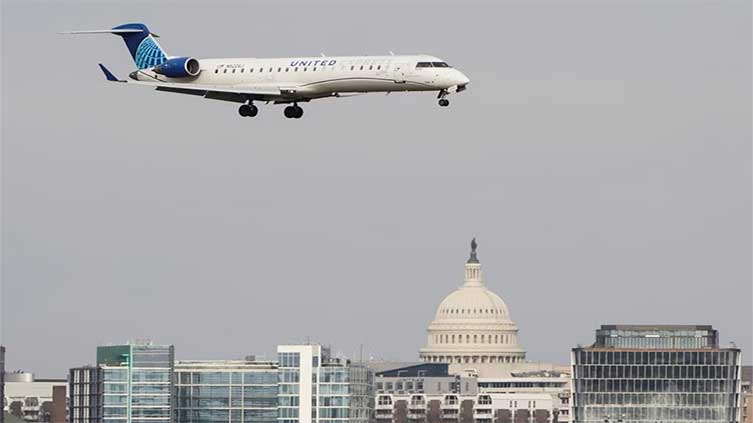United Airlines sees return to profit on 'strong' international travel demand

Business
The company also reiterated its forecast for a four-fold jump in profit this year
CHICAGO (Reuters) - United Airlines Holdings Inc. on Tuesday forecast a profit for the second quarter and retained its earnings outlook for the full year on "strong" travel demand, particularly for international trips.
In a statement, CEO Scott Kirby said bookings for international travel are growing at twice the domestic rate.
The Chicago-based carrier's earnings came days after rival Delta Air Lines played down risks of a slowdown in travel spending, citing record bookings.
United said it expects an adjusted profit of $3.50-$4 a share in the second quarter, with a 14%-16% year-on-year jump in revenue.
The earnings forecast compares with analysts' estimates of $3.65 a share, according to a Refinitiv survey.
The company also reiterated its forecast for a four-fold jump in profit this year. Its shares were up about 2% in extended trading.
Airlines are enjoying robust consumer demand in spite of growing risks of an economic recession. This has allowed them to mitigate rising labour and fuel bills with higher ticket prices.
Some analysts are not sure the travel boom will last for long.
United last month spooked investors with a profit warning, stoking worries about the industry's pricing power. Those concerns were amplified last week when American Airlines Group Inc's revised earnings forecast fell short of Wall Street estimates.
A manufacturing problem with Boeing Co's 737 MAX jets has also cast a shadow on U.S. carriers' plans to add more flights to capitalize on a busy summer travel season.
United did not comment on the potential impact of MAX's delays in its earnings report. It reiterated its plans to increase capacity this year.
It is one of the most exposed carriers to Boeing's delivery delays. The airline has yet to receive nearly three-fourths of its MAX jet order this year.
"The aggressive earnings forecast has been premised on additions of new aircraft to the company's fleet," said Peter McNally, an analyst at research firm Third Bridge. "This is entirely dependent on Boeing 737s."
United's adjusted loss for the quarter through January came in at 63 cents a share, lower than the loss of 73 cents that analysts had expected, according to Refinitiv data.

